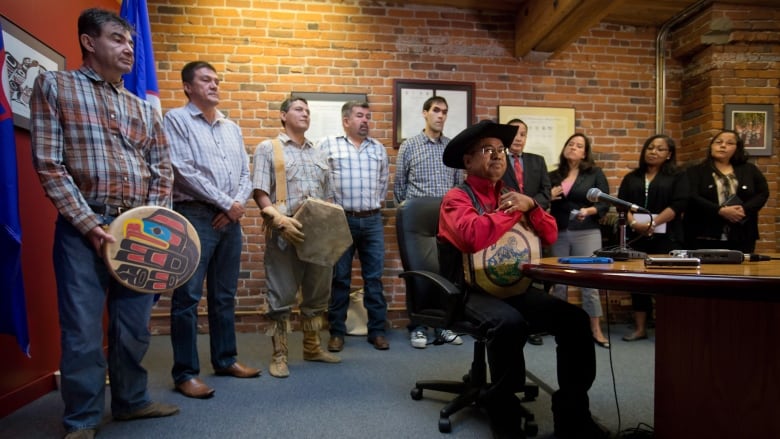This past June, for the first time in Canadian history, the Supreme Court of Canada (SCC) granted a declaration of Aboriginal title to the Tsilhqot’in Nation. After the decision was announced, Mandell Pinder LLP published a comprehensive case summary highlighting key aspects of the decision.
Through this decision, the SCC confirmed that the terra nullius (no one owned the land prior to Europeans asserting sovereignty) has never applied to Canada, affirmed the territorial nature of Aboriginal title, and reflected the legal test advanced by Canada and the provinces based on “small spots” or site-specific occupation.
The ruling overturned a prior ruling of the Court of Appeal that proof of Aboriginal title requires intensive use of definite tracts of land and it also granted a declaration that British Columbia breached its duty to consult the Tsilhqot’in with regard to its forestry authorizations. This case significantly alters the legal landscape in Canada relating to land and resource entitlements and their governance.
The SCC definitively concluded the trial judge was correct in finding the Tsilqot’in had established title to 1,750 square kilometres of land, located approximately 100 kilometres southwest of Williams Lake.
The Court reaffirmed and clarified the test it had previously established in Delgamuukw for proof of Aboriginal title, underscoring the three criteria of occupation: sufficiency, continuity (where present occupation is relied upon), and exclusivity were established by the evidence in this case.
The Court reasoned that Aboriginal title holders have the ‘right to the benefits associated with the land – to use it, enjoy it and profit from its economic development’ such that ‘the Crown does not retain a beneficial interest in Aboriginal title land.’
Expanding on its reasons in Delgamuukw, the SCC concluded Aboriginal title confers possession and ownership rights including:
- The right to decide how the land will be used,
- The right to the economic benefits of the land; and
- The right to pro-actively use and manage the land.
This case provides First Nations with significantly improved opportunities to advance their Aboriginal title and rights in a manner that reflects their vision, values and perspectives.
The SCC’s decision essentially requires that the Crown and industry meaningfully engage with Aboriginal title holders when proposing to make decisions or conduct business on their territories.”
As a result of this ruling, the FNTC has undertaken research to examine how First Nation taxation jurisdiction under the FMA can be expanded. The research will lead to an examination of how tax jurisdiction under the FMA could be applied off-reserve but within traditional territories.
The Court’s judgment has been described as a game changer and the implications of the decision to ongoing and future work of the FNTC is exciting.

